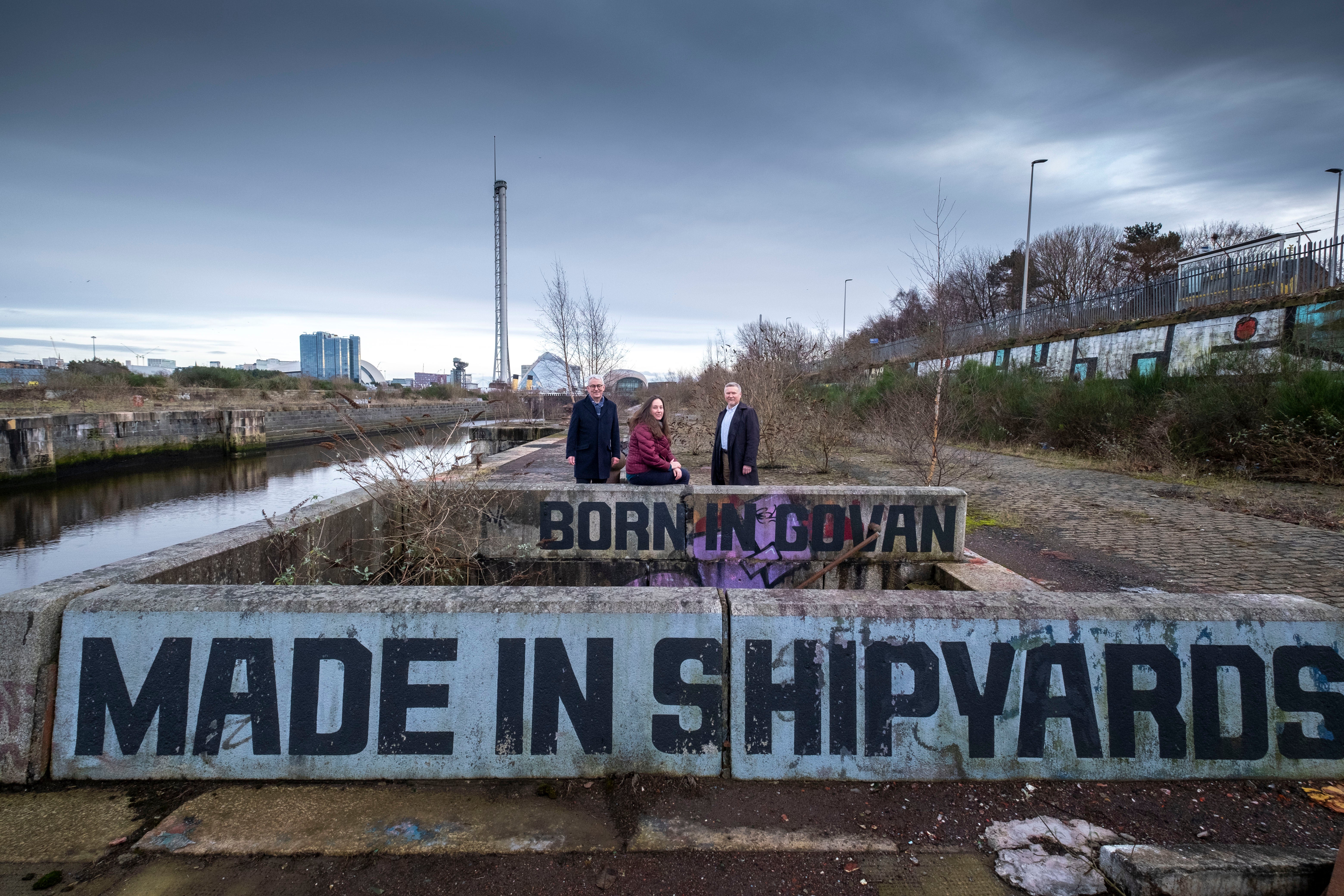Glasgow University project promises ‘significant boost’ to city’s Cop26 legacy
The Gallant project is going ahead after winning funding from the Natural Environment Research Council.

Your support helps us to tell the story
From reproductive rights to climate change to Big Tech, The Independent is on the ground when the story is developing. Whether it's investigating the financials of Elon Musk's pro-Trump PAC or producing our latest documentary, 'The A Word', which shines a light on the American women fighting for reproductive rights, we know how important it is to parse out the facts from the messaging.
At such a critical moment in US history, we need reporters on the ground. Your donation allows us to keep sending journalists to speak to both sides of the story.
The Independent is trusted by Americans across the entire political spectrum. And unlike many other quality news outlets, we choose not to lock Americans out of our reporting and analysis with paywalls. We believe quality journalism should be available to everyone, paid for by those who can afford it.
Your support makes all the difference.Glasgow University scientists are to start work on a £10 million project they say will provide a “significant boost” to the city’s Cop26 legacy.
The Gallant project is going ahead after winning funding from the Natural Environment Research Council.
The University of Glasgow-led programme aims to tackle health, social and economic inequalities as well as improving climate resilience.
Researchers will work with Glasgow City Council, community groups and others to help the city meet its target of becoming carbon neutral by 2030.
The large-scale project will see land on the edge of the River Clyde transformed into salt marshes and put to use as flood storage areas.
Other initiatives will focus on encouraging more people in the city to swap the car for journeys by bike or on foot, helping to improve air quality and reduce CO2 emissions.
Derelict and polluted land will be regenerated with those behind the programme looking to “deliver tangible environmental solutions that also improve public health and wellbeing”.
Professor Jaime Toney, director of the University of Glasgow’s Centre for Sustainable Solutions, who is leading the work, said the team was “delighted to have received this funding from the Natural Environment Research Council, which is a significant boost to delivering Glasgow’s post-Cop26 legacy”.
She added: “Gallant builds on the Green Recovery Dialogues, a series of discussions between the university, Glasgow City Council, businesses and community groups.
“As a result of those conversations, we were able to identify areas for urgent action in the recovery from Covid toward achieving the city’s net-zero climate resilience objectives.
“Using Glasgow as a living lab is an exciting opportunity to collaborate with communities and stakeholders across the city to deliver tangible environmental solutions that also improve public health, wellbeing, and move us toward a green, inclusive economy.”
Scotland Office minister Iain Stewart said: “This collaborative research hub, backed by £10 million UK Government funding, will help Glasgow build on the legacy of Cop26 and lead the way to a sustainable future.
“Earlier this month, the UK Government outlined plans to make Glasgow an Innovation Accelerator as part of our Levelling Up White Paper, with a share of £100 million in funding, and access to further private sector investment.
“This project highlights exactly why the city has such formidable potential for scientific research and development.”